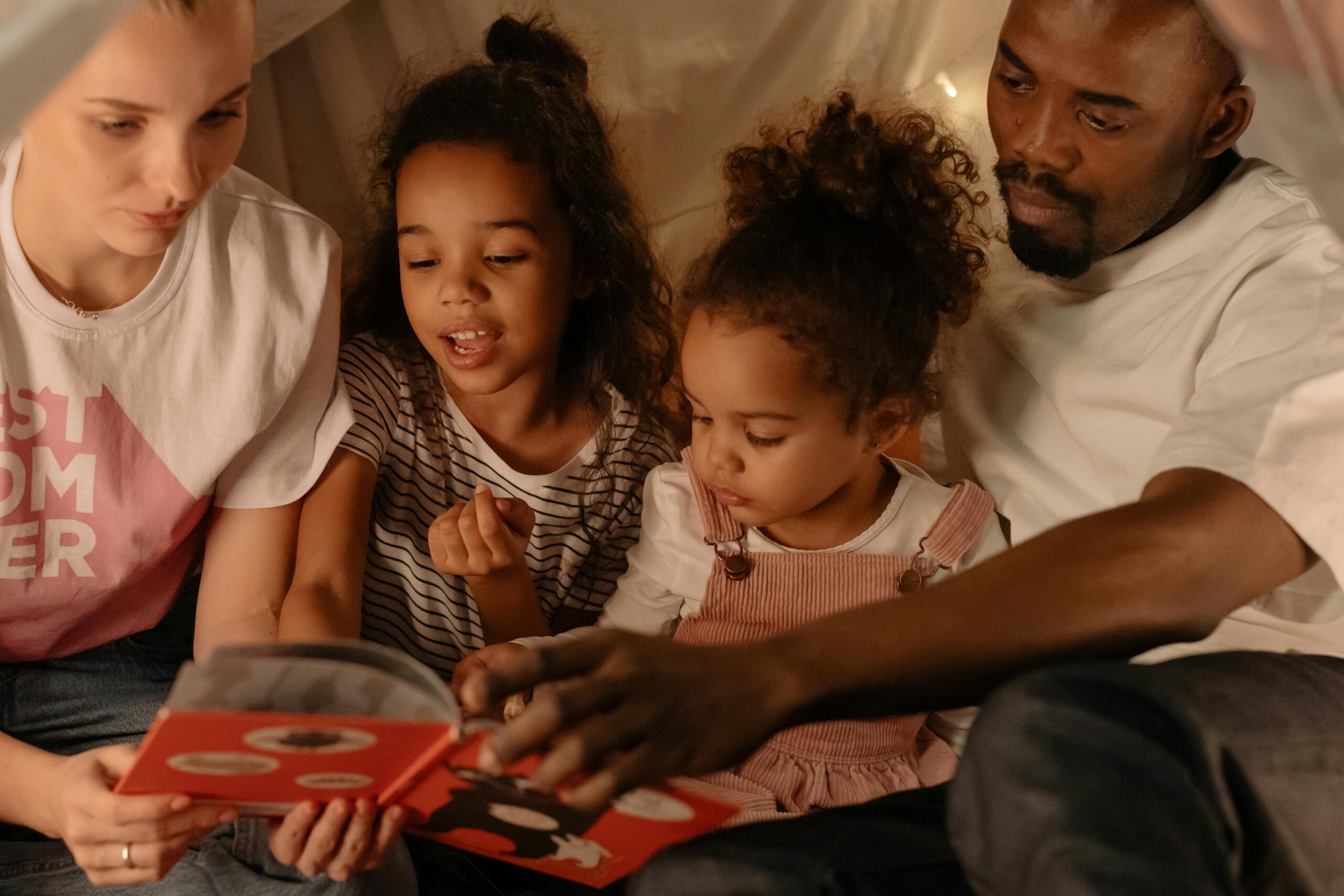
You Have 3 Options When You Face a Loss This Year
By Tim Elmore
Looking back on my life and career, I see more gains than losses. Upon deeper reflection, however, I think my memory is reconstructed. While I recall tragedies, setbacks, and losses, I see them through a different lens than most people do. I’m not in “denial,” but I perceive how each disadvantage became an advantage. A few examples are…
- Type 1 diabetes, a chronic disease, has built discipline in me and a sense of urgency.
- When a payroll company embezzled $30,000, it made me a wiser negotiator.
- Enduring a plane crash left me injured but enabled me to clarify my life’s mission.
- An illegitimate lawsuit forced us to practice better systems for hiring and firing.
- A knife held to my throat downtown forced me to determine my priorities.
- When loads of products were stolen, we learned a better way to handle inventory.
My point is that we can determine what we see because we can choose what we look at. And what we focus on expands. Our trouble is that we ruminate instead of reflect. My friend Randy Hain just reminded me that we often drift into ruminating on what we’ve lost instead of reflecting on what we’ve gained. Let me offer three options we have when facing a loss.
It can DEFINE you.
For millions, this is their default mechanism. They suffer a tragic loss (a job, a family member, an investment, a spouse, a promotion, you name it), and this loss begins to define who they are. Their self-image morphs based on what’s been taken away. They suffer “imposter syndrome,” believing that maybe they didn’t really deserve that job anyway. Soon, they make decisions based on their plummeting sense of identity, and it’s confirmed over and over. Before they know it, depression sets in, and their ambition evaporates. They’re now defined by a setback, perhaps a single setback, and their life is never the same again.
The antidote for this is something we know deep down but forget in this emotional state. We must never place our sense of identity in something that can be taken away. Athletes suffer when they place their entire sense of self in their sport and they age out. Our talent, looks, or income should not define who we believe we are. The healthiest people choose something internal and eternal to define them. What’s inside of you and before you are more important than what’s behind you.
It can CONFINE you.
This response is also common and only slightly better than the first one. Many people suffer a loss, and they allow yesterday to confine what they imagine for tomorrow. An experience molds and restricts them from the freedom to envision significant success. When a loss defines us, it diminishes our sense of identity. When a loss confines us, it diminishes our sense of capacity. We might remain emotionally healthy people, but we settle for less. We are limited and hampered more than in the past. We tell others we’ve become more realistic, but that’s a copout. We’re more pessimistic about our prospects and constrained in what we’ll attempt.
The antidote for this is to reflect on our best days, not our worst ones. After a loss, I spend time thinking about my most significant accomplishments. I read “thank you” notes I’ve received and even affirm out loud what I know to be true about myself. While this may sound cheesy, it prevents the mental limitations that come from the negative narratives around us. If we fail to handle losses well, we’ll eventually go to our graves with loads of potential still inside us. Never let your yesterday keep you from your tomorrow. Learn from it, but don’t live with it.
It can REFINE you.
This option is the one I’ve chosen. It’s healthy in that it assesses the loss that’s happened yet allows it to play a proper, positive role in our growth. When we let losses and failures refine us, we avoid a state of denial and embrace a state of development. We can genuinely say: “I am a work in progress.” As I review my setbacks—car accidents, a chronic disease, a plane crash, theft, and a lawsuit—I worked to make them tollbooths, not roadblocks for me. I paid a price and continued forward. They were hurdles that made me more agile and less fragile.
How do we enable losses to refine us? Three key decisions. First is our attitude. We must remain optimistic and hopeful about our future. We must maintain a strong sense of identity. Second is our accountability. We must position people we admire next to us to hold us accountable to learn from and gain from our losses. We must request they ask us hard questions. Third is our teachability. We must embrace a growth mindset, not a fixed mindset. We must refuse to drift into a victim mentality by recognizing how we benefit from our losses or setbacks. This enables us to turn disadvantages into advantages.
Winston Churchill exhorted us, “If you’re going through hell, keep going.” Robert Jordan framed it thusly, “The oak fought the wind and was broken; the willow bent when it must and survived.”
If you’d like to dive deeper into conversations like this with your students or the young adults in your life, we invite you to explore our Habitudes leadership curriculum. Grounded in established research, Habitudes is an image-based leadership development curriculum that empowers educators, coaches, parents, and mentors to prepare any student to become a leader. Using stories, images and experiences, Habitudes teaches young adults valuable perspectives and leadership habits. Learn more about Habitudes today by clicking here.




